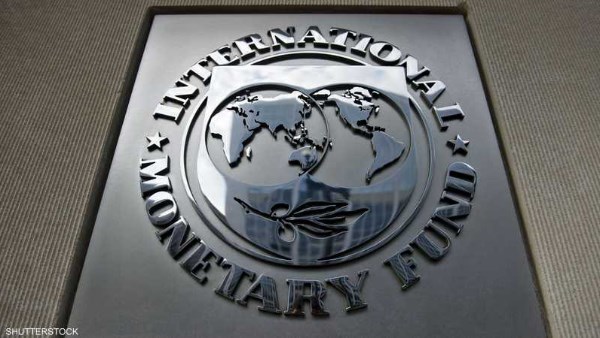
The CAC 40 Index traded 0.5% lower
French Assets Under Pressure as Le Pen Backs No-Confidence Vote

French bonds and stocks came under renewed pressure after Marine Le Pen’s party said they would support a no-confidence vote in Prime Minister Michel Barnier’s government after it pushed through a budget that falls short of their demands.
The spread between 10-year French and German notes was six basis points wider on the day at 87 basis points, nearing the highest level since 2012. The CAC 40 Index traded 0.5% lower, while the euro tumbled more than 1%.
Barnier used a constitutional tool to ratify parts of his unpopular budget bill without a parliamentary vote, after days of negotiation. While he offered a final-hour compromise to Le Pen by committing to not cut reimbursements for medicines, that wasn’t enough to win the National Rally’s support.
Ballooning deficit
“The base case now is for Barnier’s government to fall,” said Benoit Gerard, a rates strategist at Natixis SA, adding that the new equilibrium level for the spread is around 100 basis points. “Lack of governability is now clearer than before.”
The political wrangling threatens to derail the government’s efforts to reduce a ballooning deficit that is forecast to widen to 6.1% of gross domestic product this year, and has weighed heavily on French securities. The risk premium on 10-year bonds trading is trading near levels last seen during the euro-area sovereign debt crisis, with yields at one point last week surpassing those on Greek debt.
Signs are growing that the political crisis is weighing on the outlook for common currency. The euro tumbled as much as 1.1% to $1.0462 while one-week risk reversals, a gauge of trader sentiment in the options market, flipped bearish after briefly favoring the currency last week.
Barnier’s original plan, which was welcomed by investors, saw €60 billion ($63 billion) of spending cuts and tax hikes to bring the deficit to 5% of GDP next year. But Marine Le Pen’s party is demanding tweaks to Barnier’s budget, including to his plans to raise taxes on electricity, as well as measures to curb pensions expenditure and reduce state reimbursement of medicines.
While some concessions could avoid the government being toppled in the short term, they’d dilute the fiscal tightening investors say is crucial to put the deficit in a sustainable path. Mauro Valle, head of fixed income at Generali Asset Management, said if the government gives in to Le Pen’s demands, the budget bill will project a deficit exceeding 5%.
“In either case, the spread is likely to remain in the range observed in recent days for the next few weeks, pending political developments,” said Valle. There’s “a non-negligible risk of the market testing the 100bps level from January onwards, when funding activity resumes,” he added.
France’s bonds have been underperforming euro-area peers since President Emmanuel Macron shocked markets by calling a snap election in June. The nation’s yields have crossed those of lower-rated countries including Portugal, Spain and, more recently, Greece. The next milestone would be closing the gap to Italy, the region’s traditional poster-child of fiscal profligacy.
“Whether the government falls or not, France’s issues are bigger than that,” said Robert Dishner, senior portfolio manager at Neuberger Berman in an interview on Bloomberg TV. “The direction of travel does feel like we will be moving wider on French spreads.”





-1120252475029447.jpg)















